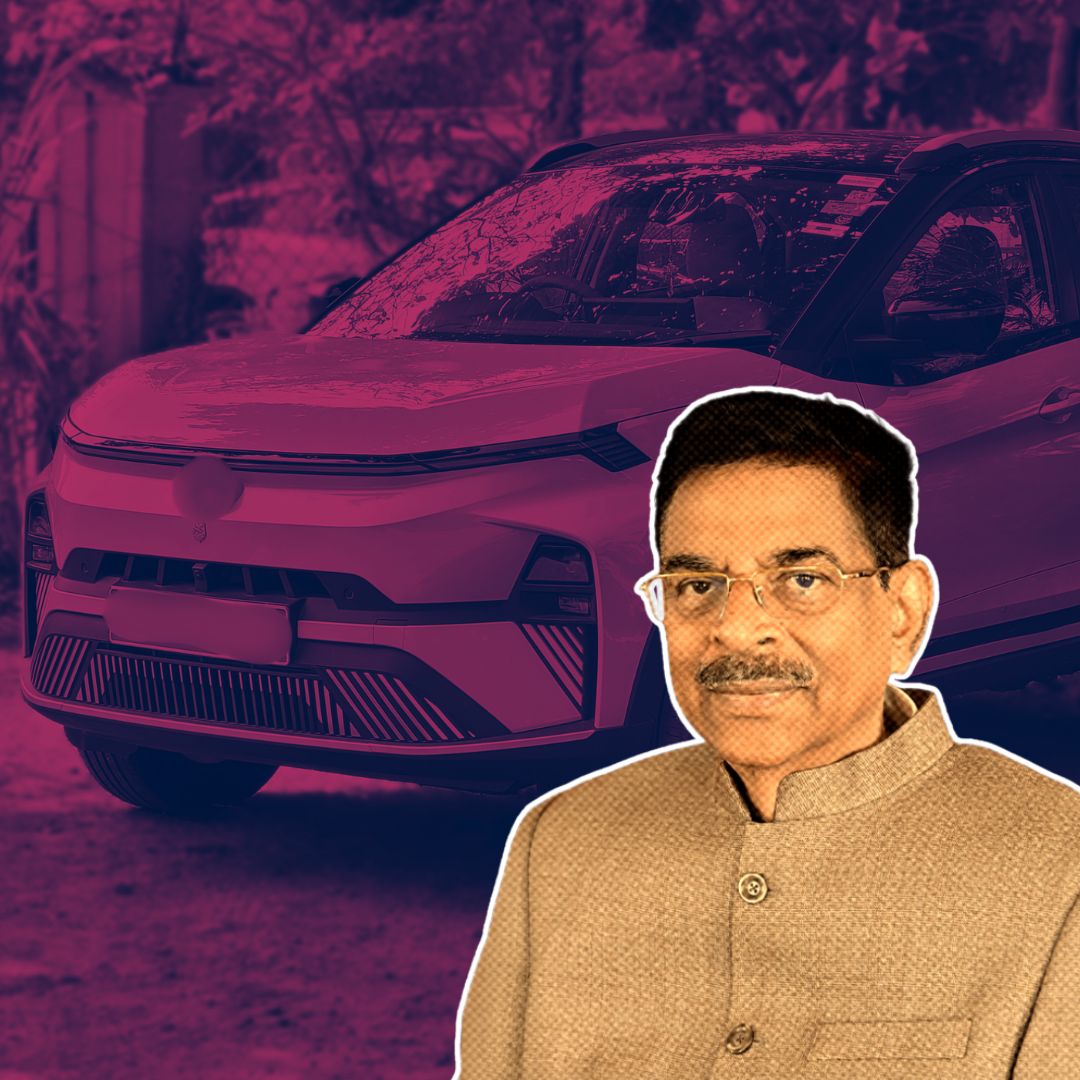Odisha Governor Dr. Hari Babu Kambhampati has taken a significant step towards environmental sustainability by converting most of his official vehicle fleet to electric vehicles (EVs) and spearheading the transformation of Raj Bhavan, Bhubaneswar, into the state’s first net-zero energy campus.
The Raj Bhavan currently operates a 150-kilowatt rooftop solar power plant, with plans underway to add another 400 kW capacity, aiming to eliminate the monthly electricity bill of approximately ₹3 lakh. This initiative is part of a broader state government push to phase out petrol and diesel vehicles from government departments and promote clean energy adoption among citizens through attractive subsidies.
Deputy Chief Minister and Energy Minister K.V. Singh Deo, along with Energy Secretary Vishal Kumar Dev, have reiterated Odisha’s commitment to solarising government buildings and expanding EV infrastructure, signalling a strong policy-driven move toward a sustainable future.
Raj Bhavan’s Green Leap: Solar Power and Electric Mobility Driving Change
The Raj Bhavan has replaced most of its petrol and diesel vehicles with four Made-in-India electric vehicles, including official cars and two-wheelers, marking a significant shift towards sustainable transport. Governor Kambhampati emphasised the environmental and social benefits of this transition, stating, “Every ride now contributes to a quieter, cleaner, and more responsible tomorrow.”
The existing 150 kW rooftop solar installation generates around 16,000 units of electricity monthly, significantly offsetting the campus’s energy consumption. With the planned 400 kW expansion, the Raj Bhavan expects to achieve complete energy self-sufficiency, potentially exporting surplus power back to the grid.
Deputy Chief Minister Singh Deo highlighted that all government offices and residential quarters in Odisha will be solarised, and a new mandate will require government employees to use EVs to access the secretariat, underscoring the state’s commitment to clean energy and pollution reduction.
Context: Odisha’s Strategic Push Towards a Cleaner, Healthier Future
This initiative is part of Odisha’s comprehensive EV policy, which mandates government departments to prioritise electric vehicles in their procurement and gradually phase out fossil fuel-powered vehicles. The policy also focuses on developing robust EV infrastructure, including fast charging stations and battery swapping facilities, to ease the transition for users.
These efforts align with Prime Minister Narendra Modi’s national vision for a clean energy transition and reflect Odisha’s strategic approach to tackling pollution, reducing health hazards, and decreasing dependence on imported fossil fuels.
Additionally, schemes such as the PM Surya Ghar Yojana, combined with state-level subsidies, are making solar rooftop installations more affordable and accessible to citizens, encouraging widespread adoption of renewable energy technologies across urban and rural areas.
The Logical Indian’s Perspective
The transformation of Odisha’s Raj Bhavan into a net-zero energy campus, coupled with the electrification of its official vehicle fleet, sets a powerful precedent for sustainable governance in India. This initiative exemplifies how public institutions can lead the way in mitigating climate change by adopting renewable energy and clean mobility solutions.
At The Logical Indian, we believe that such steps foster not only environmental benefits but also a culture of empathy, responsibility, and harmony with nature. They remind us that protecting our planet requires collective action, kindness, and forward-thinking policies. As Odisha paves the way for a greener future, we invite our readers to reflect: How can communities and policymakers collaborate more effectively to accelerate the green transition and ensure a cleaner, healthier environment for generations to come?











